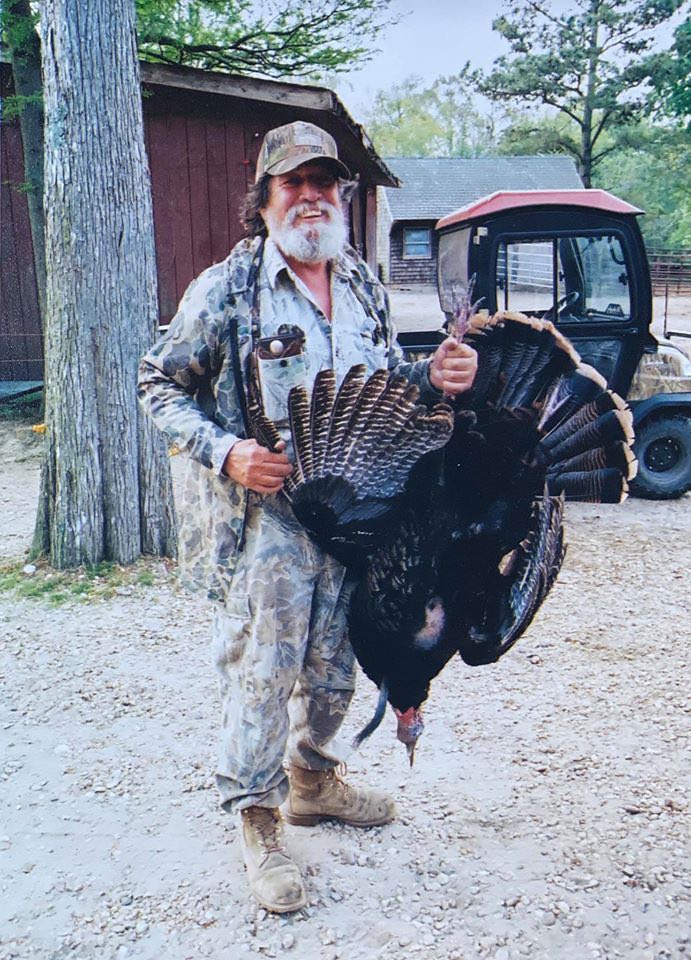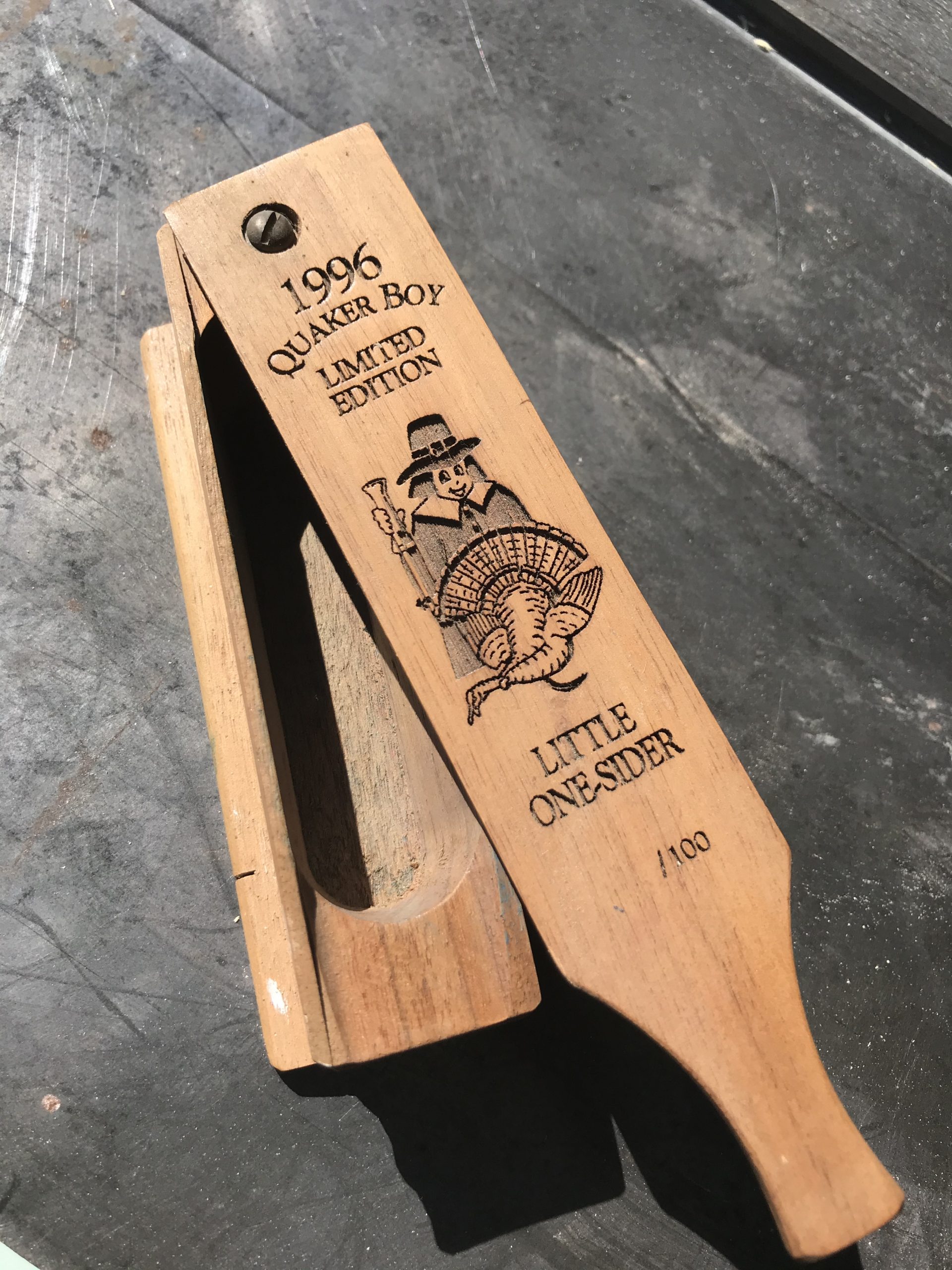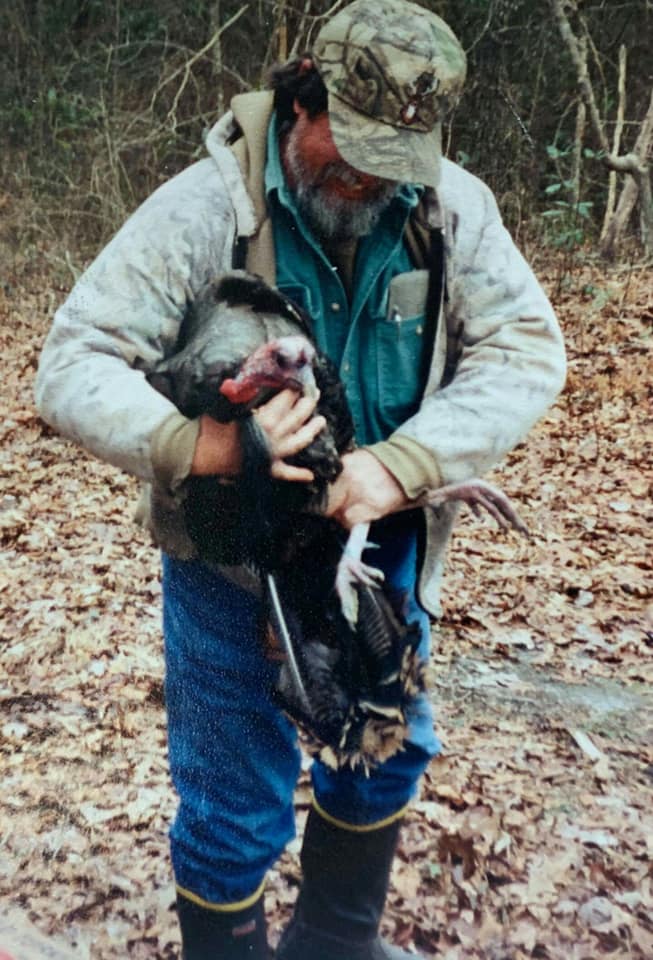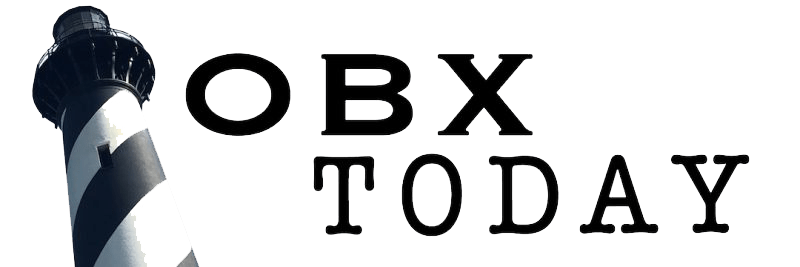
Currituck County’s name means “land of the wild goose” in Algonquian. But this spring Currituck hunters have talked turkey. It’s an amazing development because the glorious gobble had been muted as recently as twenty five years ago.
“Local turkeys were extirpated (locally extinct) from Currituck County through most of the latter half of the 20th century,” North Carolina Wildlife Resources Commission Upland Game Bird Biologist Christopher Kreh said. “This was due to liberal turkey hunting regulations and large scale habitat changes, turkey hunting in that era was during fall seasons and often allowed high levels of harvest of hens and gobblers.”
The aforementioned hunting practices were not unique to Currituck. Turkey populations throughout North Carolina dramatically diminished.
The late Eddie Younts eventually stepped in and helped hatch a local turkey restoration plan.

Younts, a Currituck County resident and National Wild Turkey Federation member, knew regional enthusiasm had to be part of the vision.
Younts’ turkey evangelism wasn’t limited to Currituck County. Beach 104 and Big 94-5 outdoors correspondent Capt. Marty Brill recalled a Younts visit to his Nags Head store which happened over two decades ago.
“They were having a function like Ducks Unlimited does, and he wanted to put a flyer in my store,” Brill said. “I remember them starting that in Currituck, there was no turkey’s there, and now when I drive to Norfolk, and you look over them fields, and you see a whole bunch of turkeys over there.”

Eddie’s son, Jon, recalled his Dad’s effort. “I was a little younger then when it first started, so it was hard to pay attention to it all,” Jon said.
“He did those turkey banquets every year, it was a good ten twelve years of it, if not more.” Jon, a married father of four who owns Island Septic, managed to sneak in a couple of turkey hunts this spring. So far, one of his four daughters has shown an interest in the family tradition.
Andrew Dowdy-Green, a nephew of Eddie, has come to appreciate his late uncle’s efforts.

“He took me on my first hunt when I was about seven years old,” Dowdy-Green said. “He put me on two turkeys, and I missed them both.” Dowdy-Green’s aim has since sharpened. The Currituck High School Graduating Senior bagged a big bird this spring.
The 2020 N.C. turkey season started with the youth hunt for those under age 18 from April 4 through 10. The regular season took place from April 11 through May 9.
A hunter can harvest one male or bearded turkey a day with a limit of two per season. While all male turkeys grow a beard, about ten percent of female turkeys beard as well. A turkey beard is a shock of long dark fibrous bristles which hang from its breast plumage and are made of modified feathers. It’s believed males find the bearded hens as attractive as the non-bearded ones.

Purgatory, Bertha, Dawson Tract, and Powells Point are Currituck County locations which received reintroduced turkeys between 1996 and 1999. Turkeys arrived from 14 North Carolina counties, and came from as far away as Transylvania County. That’s a 475 mile journey.
Purgatory opened to turkey hunting in 2000, while Bertha, Dawson Tract, and Powells Point welcomed hunters in 2003.
Reintroduction of turkeys was just one part of the repopulation process. There had to be a conservation plan. Yesteryear’s fall turkey ‘free for all’ was replaced with a gobbler-only spring hunt season.
“Habitat in these areas was good, so these birds successfully reproduced and re-established the local population,” Kreh said. “Turkey hunting was not allowed in Currituck County when these birds were released, but the season was re-opened soon after.”
Currituck turkey hunters have harvested solid numbers since the birds re-introduction. The last five seasons have averaged about 60 birds. 2020’s numbers haven’t been officially tallied, but based on word of mouth, it’s been a good year.
The name Eddie Younts is still spoken before and after many hunts.
“It’s kind of hard to talk about, he just passed away not too long ago,” Jon said of his dad’s legacy. “He wanted to give back a little bit because he grew up hunting, he just loved the wildlife, he loved it, that was his thing.”

